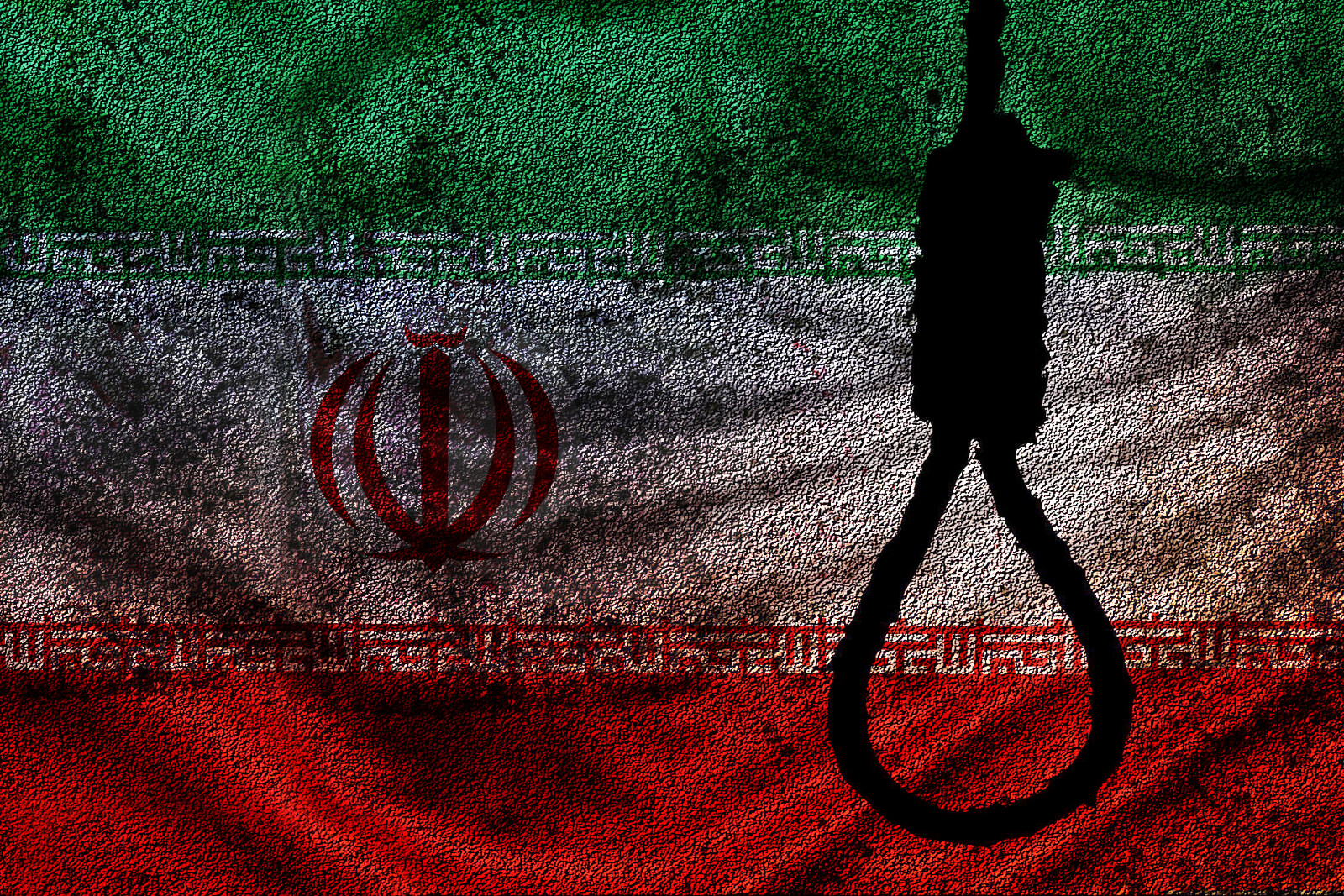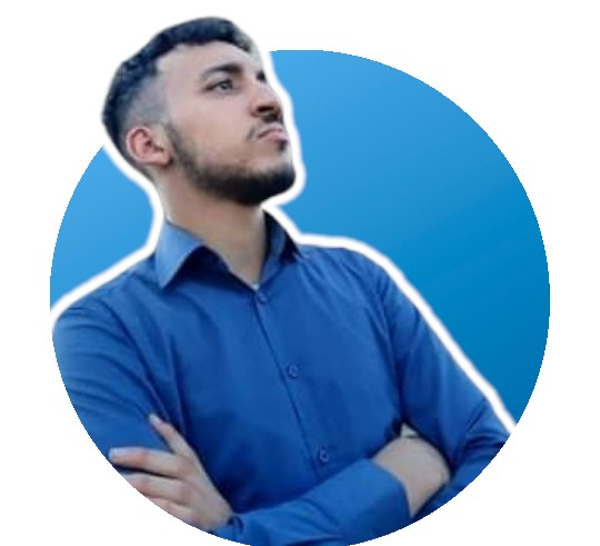Once again, on January 23, 2024, Iranian authorities executed two political dissidents, Mohammed Ghobadlou and Farhad Salimi, after unjust trials. These latest tragedies shed light on the ongoing pattern concerning Iran’s use of the death penalty in persecuting both opponents of the regime and ethnic minorities.
The executions carried out last month — arbitrarily and shrouded in deep secrecy — present an urgent need for international attention and condemnation of the Islamic regime in Iran.
The case of Mohammad Ghobadlou
Mohammad Ghobadlou, a 23-year-old Iranian man with a mental health condition (bipolar disorder) was executed without warning, leaving his lawyer and loved ones in sudden grief. Despite a Supreme Court order for a retrial, the Head of the Judiciary intervened, blocking the process, and paving the way for a clandestine execution.
Opposition figures believe that he was falsely accused of running over government forces during the 2022 Mahsa Amini protests as authorities could not find the true culprits. His vulnerability made him an ideal target for the regime to pressure and torture in order to extract a bogus admission of guilt.
Even the regime’s own tyrannical and theocratic legal system was subverted to kill Mohammad Ghobadlou for the crime of dissent, highlighting their cynical disregard for basic human rights.
Due to his participation in the Mahsa Amini protests, he was also accused of a crime known in Iran as moharebeh, which translates to “waging war against God” — underlining once again the tyrannical nature of the Islamic theocracy waging violence against the Iranian people.
The concept of moharebeh
Moharebeh is an Islamic-Arabic term for a vague concept that the Iranian regime employs as an essential weapon against dissidents. Its meaning can also extend to “fighting God” or “corruption on earth,” allowing for a broad interpretation to be used by hardline judiciary clerics to sentence people to death with no real trial, no defense lawyers, and completely behind closed doors.
Shia theologian Morteza Moghtadaei even argues, like many Islamic scholars in the Shia domain, that someone who commits moharebeh, known as “moharebs”, should not be killed even if convicted, unless he or she killed someone in the act.
Other Shia scholars, such as Mohammad-Ali Ayazi, claim that everyone has a right to defend themselves, even in a protest, something which itself should be permissible, therefore the acts committed by many convicted moharebs are not even committing moharebeh as the Islamic courts claim.
Even in the Shi’ite theocracy, the evidence and theological reasoning are weak behind these purely political executions, hence why one should give no legitimacy to the Iranian regime’s legal system, as it serves no just ends.
The case of Farhad Salimi
Another equally troubling case of Farhad Salimi, a member of Iran’s Kurdish Sunni minority, who faced execution despite a decade-long plea for a fair retrial. His calls for justice in Iran and across the globe were ignored, once again proving Iran’s disdain for both dissenting populations and ethnic minorities.
Farhad is the fourth man since November 2023 to be arbitrarily executed from a group of seven Kurdish Sunni men sentenced to death over a decade ago. The trials were mere minutes in length, just enough to get the tortured men to offer painfully tainted “confessions”.
This is all a part of a deadly trend that sees the Islamic regime in Iran stand as the world’s most frequent executioner of dissidents and minorities, executing almost three people each day on average.
The Women, Life, Freedom movement
The broader context, including the arbitrary execution of hundreds of people following the ‘Woman Life Freedom’ uprising, demands the international community’s immediate attention.
These executions underscore a deeply troubling pattern of violence, highlighting the imperative for heightened sanctions and an international boycott targeting the Islamic Republic and its regime proxies. These entities contribute to the Iranian regime’s global economic and political reach, requiring concerted action to counteract their harmful influence.
Countries like Canada are yet to designate the Islamic Revolutionary Guard Corps as a terrorist organization, but they ought to do so immediately. This designation is warranted given the organization’s persistent violent behavior, both domestically against its own citizens and abroad, throughout the Middle East.
For more content on issues related to human rights, civil liberties, criminal justice reform, and more, be sure to check out the recordings from Students For Liberty’s recent LibertyCon International by clicking on the button below.
This piece solely expresses the opinion of the author and not necessarily the organization as a whole. Students For Liberty is committed to facilitating a broad dialogue for liberty, representing a variety of opinions.



